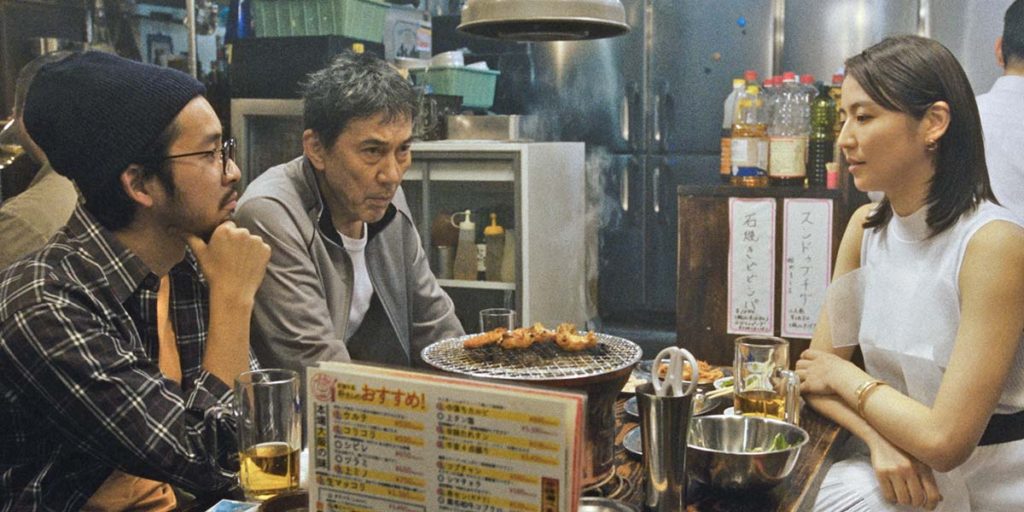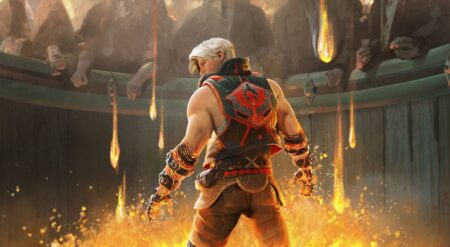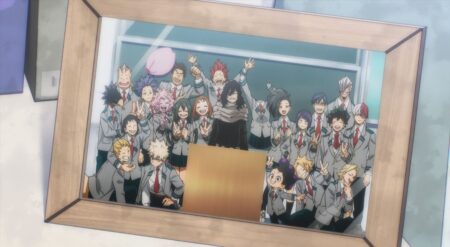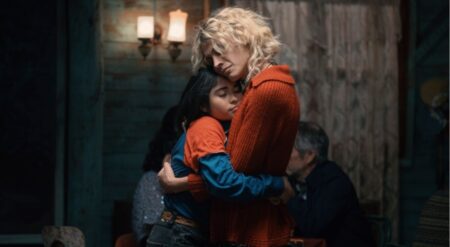
I’m back with a new episode of Carolyn Talks… to discuss the film that screened at the Toronto International Film Festival. In this episode I sit with fellow film critic Li Lai, EIC of Mediaversity Reviews, to share our thoughts on one of the best films of the year Under The Open Sky by Miwa Nishikawa.
In this touching and beautiful drama, Nishikawa explores how the strict and contradictory rules of ethics and civility of Japanese society makes it difficult for ex-convicts to reintegrate into and function in society. Koji Yakusho plays Mikami, a former Yakuza who was imprisoned for 13 years for murder. After spending large portions of his life in and out of detention centers and prison, Mikami is determined to make his newfound freedom count, but this proves more difficult as he struggles to learn to adapt that has changed almost all of the rules he was familiar with.
Having been surrendered to an orphanage by his mother as a toddler, Mikami grew up not knowing who he was, and without any connection to a family, but he eventually found one with the Yakuza, and his wife. As a young man and adult in the Yakuza, Mikami was familiar with rules and codes. He knew what was expected of him and others. He understood why and how things were done, and things weren’t any different in prison. While incarcerated he found adapting easy, because survival meant obeying the rules. (For most this strict way of living one’s life may seem almost impossible but on a quick aside, I ask how are these two organizations any different from the military? The thought occurred to me as I was typing this.)
Finally free, Mikami struggles to adapt to a world that seems more heartless, immoral, and exploitive than what he’s always known. He’s told that to be a successful, contributing, and civilized member of society, he has to ignore his impulse to protect those more vulnerable than him. He’s told that keeping his head down is the right thing to do because keeping his job is more important than honoring his own personal code of ethics and morals. The contradictions of people on the outside of prison acting more heartless than those they say are the criminals, proves to be a stumbling block that Mikami constantly runs into.
While he tries to figure out who and what he should be in the present, Mikami tries to find out who he was in the past. Approached by a documentary director and his producer who express interest in making a show about his life, Mikami is wary but tries to use their resources to help him find his mother. Not feeling any resentment towards her, but curiosity and concern, Mikami continues to show that he has more understanding and compassion than many others around him, especially when the producer tries to exploit his past and anger issues for ratings.
Under the Open Sky is filled with scenes awash in soft colors, close-ups of Mikami, juxtaposed with scenes that lack visual or emotional warmth. Yakusho gives a poignant performance filled with beautifully endearing moments, interspersed with sudden bouts of rage that endear sympathy rather than fear from the viewer. Nishikawa shows the two sides of Mikami. One side is the man people see as a hardened criminal and judge with preconceived notions about him and the life of yakuza, and the other a man who finds the beauty in flowers, friendship, and singing lullabies.
For more TIFF20 festival and organization announcements visit, TIFF.net. You can follow Carolyn on Twitter and Instagram @Carriecnh 12.






